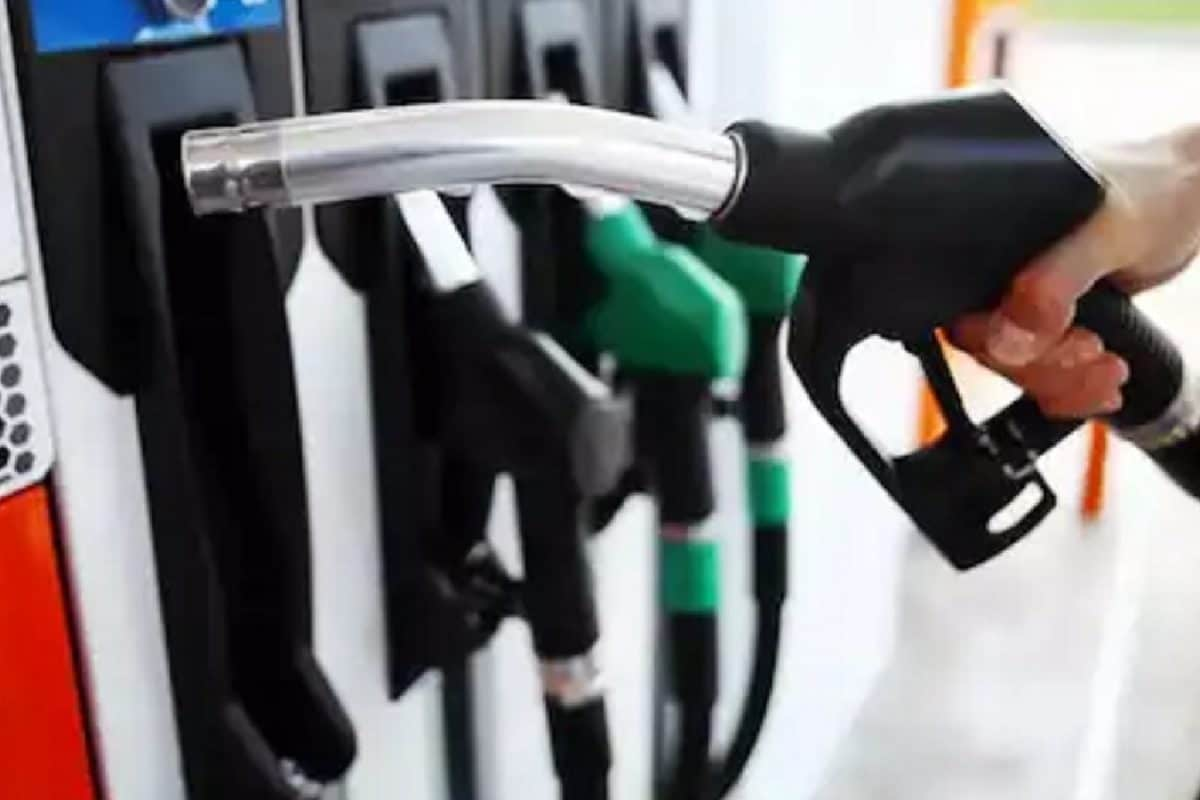

As of July 18, 2025, fuel prices across India remain largely unchanged, maintaining a steady state in most major metropolitan areas. This stability follows a period of relative calm since the last significant price revision in March 2024, when petrol prices were reduced by ₹2 per liter.
In Delhi, petrol is currently retailing at ₹94.77 per liter, while diesel costs ₹87.67 per liter. Mumbai residents are paying ₹103.50 per liter for petrol and ₹90.03 per liter for diesel. In Chennai, the prices are ₹100.80 for petrol and ₹92.39 for diesel. Kolkata sees petrol sold at ₹105.41 per liter and diesel at ₹92.02 per liter.
This steadiness can be attributed to the dynamic fuel pricing methodology employed by oil marketing companies like Indian Oil Corp, which reviews and adjusts domestic fuel prices daily based on global crude oil prices and foreign exchange rates. This method considers factors such as international crude prices, the rupee-dollar exchange rate, demand, and global crude market trade flows.
Globally, crude oil prices have experienced some volatility, influenced by geopolitical risks in the Middle East. Brent crude oil, for instance, traded at $69.62 a barrel on Friday, marking a 0.14% gain after a previous 12% slide. West Texas Intermediate crude for August was near $67.63.
Across India, fuel prices vary from state to state due to factors like state taxes, transportation costs, and local regulations. For example, today the petrol price in Mumbai is ₹103.50 per liter. Prices are revised at 6 a.m. daily. Andaman & Nicobar Islands currently have the lowest petrol price in India at ₹82.46 per liter, while Andhra Pradesh has the highest at ₹110.28 per liter.
In Karnataka, diesel is being traded at an average price of ₹91.47. The petrol rates in India depend on the local demand-supply scenario domestically. Delhi petrol rates are ₹96.72/-, while in Kolkata the rate is ₹106.03.
The stability in fuel prices is a welcome sign for Indian consumers, as fluctuating prices can impact household budgets and transportation costs. The government's policy of reducing fuel taxes has also contributed to keeping prices in check.
Several factors influence these prices, including international crude oil prices, the rupee-to-dollar exchange rate, and geopolitical risks. Domestic conditions such as changes in central excise duty and state VAT, as well as dealer margins, also play a role.